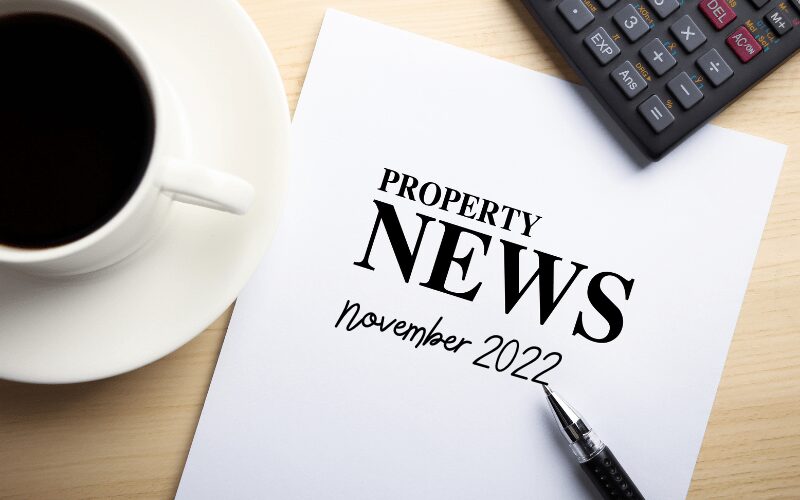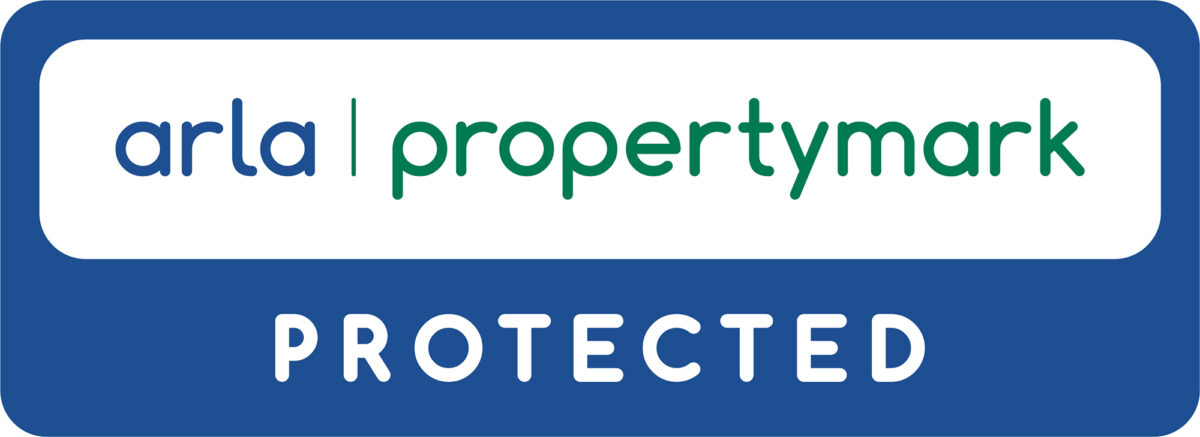As the cost of living crisis worsens and UK inflation hits a record high of 11.1%, is it all doom and gloom and what does this mean for the UK housing market? Read on to find out everything you need to know.
Stamp duty cuts to remain in place until March 2025
In some good news, Chancellor, Jeremy Hunt has confirmed in his Autumn Budget that stamp duty cuts are to remain in place until March 2025, just weeks after his predecessor, Kwesi Kwarteng, announced they would be cut permanently.
From March 2025, the threshold at which stamp duty is paid will drop from £250,000 to £125,000, while for first-time buyers, this threshold is up from £300,000 to £425,000. Experts have said the current stamp duty cut is unlikely to have a big impact on the housing market when mortgage interest rates are so high.
Headlines from the Autumn Budget
The announcement around stamp duty wasn’t the only one that will affect homeowners, with the Chancellor also announcing an increase in the energy price cap and a potential change to council tax rates.
Just weeks after announcing that typical household energy bills were to be capped at £2,500 per year until April, the Chancellor has revealed an increase to £3,000 per year from that point for 12 months.
While the new cap is less generous, it does at least give households some clarity on their likely energy bills until April 2024, and it’s far better than the £5,000+ annual energy bills that were being mooted just a couple of months ago before the government intervened.
The other big news concerning homeowners was an announcement that local authorities can increase council tax by 5% without a vote. Previously, any increase over 3% had to be approved by a local vote, but the Chancellor’s announcement has removed that requirement, and treasury officials are expecting 95% of local authorities to use the full 5% increase when announcing their new rates.
House prices dip for only the second time in 2022
Leading property website, Rightmove, has reported that UK house prices have fallen 1.1% this month, which is only the second time this year that prices have dropped.
The average house price is currently £366,999, down £4,159 from October’s figure of £371,158.
The drop in prices is in line with the usual trend at this time of year, with many sellers willing to price their property more competitively in the hope of finding a buyer before the new year.
Despite the drop though, average prices remain 7% higher than at the same stage in 2021.
UK house prices set to fall for next 2 years
According to the government’s official forecaster, UK house prices are set to fall for the next two years, before seeing a rise again.
Between now and Autumn 2024, the Office for Budget Responsibility (OBR) predicts that prices will drop by around 9%, before slowly increasing again from 2025.
The news will be welcomed by many potential first-time buyers, although given the current economic climate, the OBR’s prediction is fraught with uncertainty.
Rental rates hit new highs
Figures released by property portal, Rightmove, have revealed new record rental costs, with the monthly UK average being £1,162 – an 11% increase in the past 12 months.
While average rents are up 11% nationwide, the areas with the biggest increases have also been revealed, with Newbury in Berkshire being the biggest climber. Rents there have soared by a staggering 22.2% in the past 12 months. The only other part of the country with a 20%+ increase is Manchester, where rents have increased 20.5%, although the Welsh capital Cardiff isn’t far behind at 19.6%.
The surge in prices is being largely driven by an increase in demand, with 20% more renters in the market for properties than 12 months ago.
The good news for renters though, is that the number of properties on the market has increased across the UK, with London being the only exception.
For more property news and updates and a more detailed overview of the London area, get in touch with Alter&Cope. We are your local property experts. Call us on 02082200820 or email enquiries@alterandcope.co.uk.



